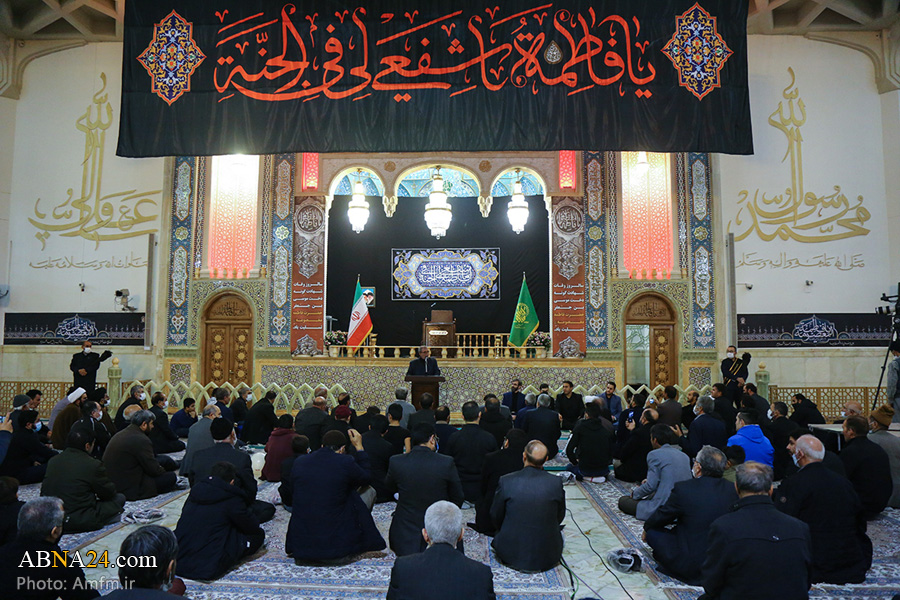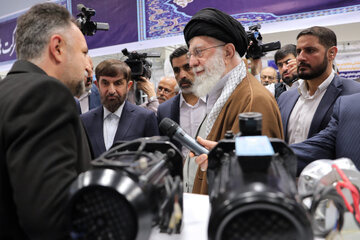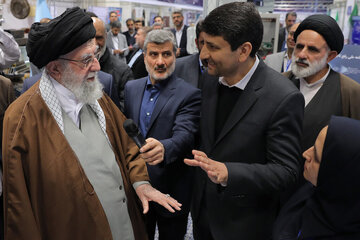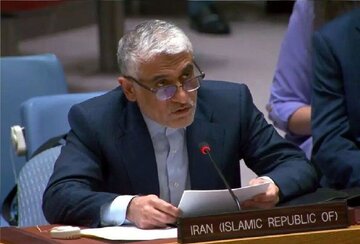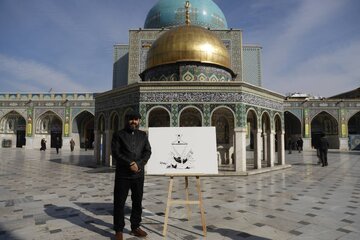AhlulBayt News Agency (ABNA): Hujjat al-Islam Mehdi Imanipour was appointed as the new head of the Islamic Culture and Relations Organization (ICRO).
Iran’s Minister of Culture and Islamic Guidance Mohammad Mehdi Esmaeili in a decree on Tuesday named the cleric as the chief of the organization.
Hujjat al-Islam Imanipour replaced Abouzar Ebrahimi Torkaman who was ICRO’s president for eight years.
In the decree, the culture minister called on Hujjat al-Islam Imanipour to work for development of international cultural relations by making the most of the country’s and the culture ministry’s cultural capacities.
He also called for promoting the Islamic Republic of Iran’s cultural stances and objectives in the world, expanding cultural relations with neighboring countries, developing cultural and interfaith dialogue, and benefiting from the cultural capacities of international organizations like ECO, ISESCO, International Islamic Fiqh Academy, Research Centre for Islamic History, Art and Culture (IRCICA) and others.
Esmaeili also thanked Ebrahimi Torkaman for his services and wished Hojat-ol-Islam Imanipour success in his new capacity.
Born in 1964, Hujjat al-Islam Imanipour is an Islamic seminary scholar and researcher in the fields of Islamic law and theology.
He has previously served as deputy head and secretary of the Ahl-ul-Bayt (AS) World Assembly’s Supreme Council, director general of ICRO’s Europe and Americas Department, Iran’s cultural attaché in Russia and Germany and ICRO’s international deputy.
The Islamic Culture and Relations Organization is subordinate to Iran’s Ministry of Culture and Islamic Guidance.
As per its constitution, ICRO, according to its website, is to pursue the following aims and objectives:
1- Revival and dissemination of Islamic tenets and thoughts with a view to reaching the true message of Islam to the people of the world;
2- Creating awareness among the people of the world as regards the principles, the objectives, and the stance of the Islamic Revolution of Iran as well as the role it plays in the international arena;
3 -Expansion of cultural relations with various nations and communities in general; and the Muslims and the oppressed, in particular;
4- Strengthening and regulating the existing cultural relations between the Islamic Republic of Iran and other countries of the world as well as global cultural organizations;
5- Appropriate presentation of the Iranian culture and civilization as well as its cultural, geographical, and historical characteristics;
6- Preparation of the necessary grounds for the unity among Muslims and the establishment of a united front among world Muslims on the basis of the indisputable principles of Islam;
7- Scholarly debates and confrontations with anti-religion, anti-Islam, and anti-Revolutionary cultures with a view to awakening the Muslims of the world regarding the divisive conspiracies of the enemies as well as protecting the rights of the Muslims;
8- Growth, development, and the improvement of the cultural, political, economic, and social conditions of the Muslims.
.............................
End/ 257
Hujjat al-Islam Mehdi Imanipour was appointed as the new head of the Islamic Culture and Relations Organization (ICRO).
17 November 2021 - 06:51
News ID: 1199299
